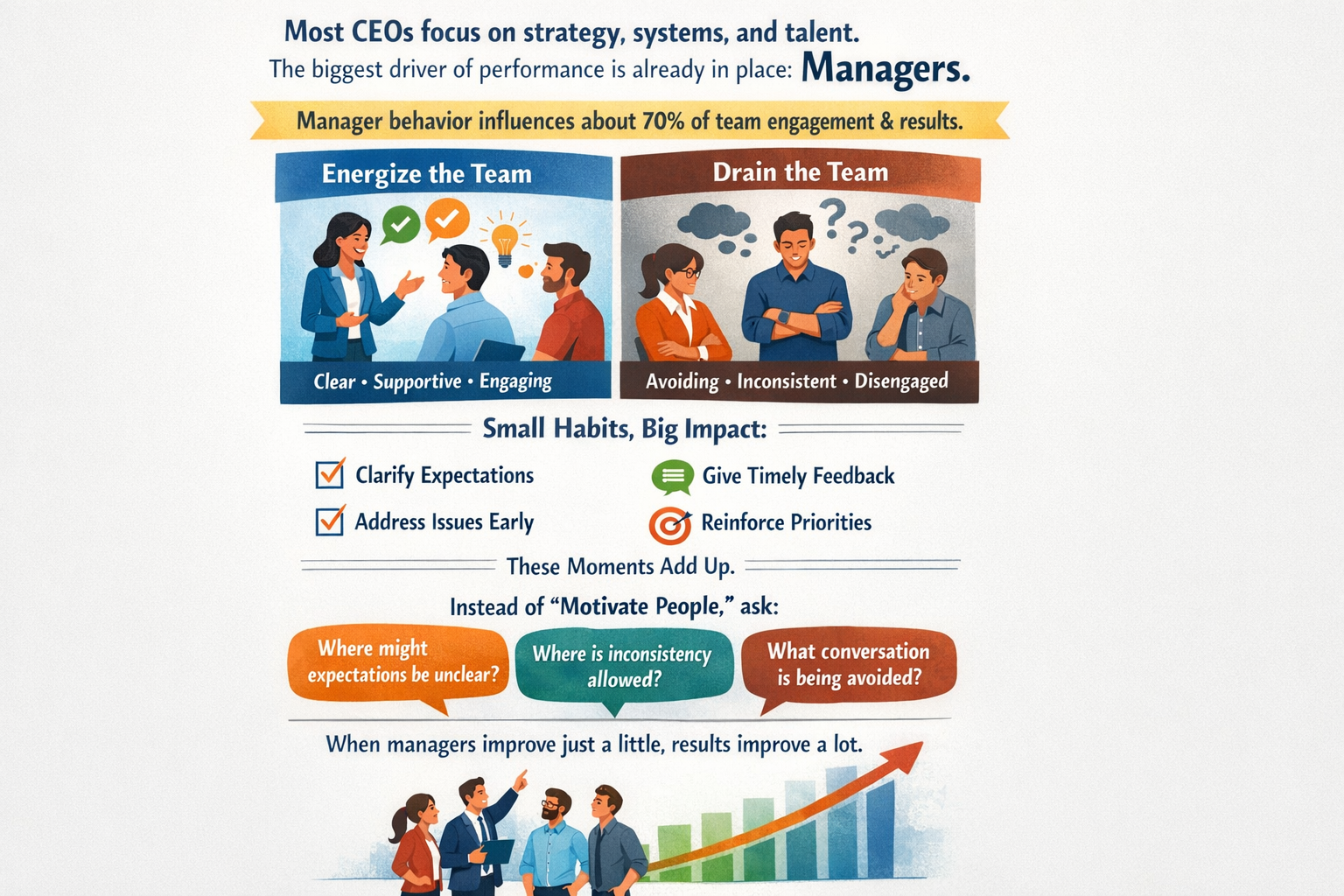The Courage to Overcome Divisiveness

We are living in very divisive times. Do we have the courage to overcome the division that stresses our communities and our lives?
Currently, divisiveness in the United States is the greatest it has been since the Civil War, says Chuck Mingo, the founder of Living Undivided. We tend to be afraid of the unknown and afraid to ask questions about things we aren’t familiar with. This fear often results in us lashing out against the realities around us that we done understand. Mingo says this fear is unconstructive, unrelenting, and unresponsive. He has a passion to help people overcome this fear by having the courage to reach out and collaborate with those who are different than us.
Mingo and others suggest that the opposite of fear is courage. Perhaps the best way to overcome fear is to have the courage to get to know people who are different than us. We need to move through our fear courageously, not skirt around the things that we are afraid of.
Courageous love may be the most effective way to overcome the fear of differences. We can love people who aren’t like us at work, in our families, and in the community if we believe that they are worthy human beings and take time to get to know them. This allows us to understand each other, which usually leads to us finding common ground. Then we can build bridges that reduce divisiveness so everyone can have a less stressful and more meaningful life.
When we live with fear and indifference, we let poor conditions and situations thrive. However, when we have the courage to take the time to listen to each other’s stories and perspectives, we usually discover that we can live side by side without being fearful.
Within your leadership context, where could you be exhibiting courageous love? Where can you build bridges to understanding that add value to your life and the lives of those around you?


